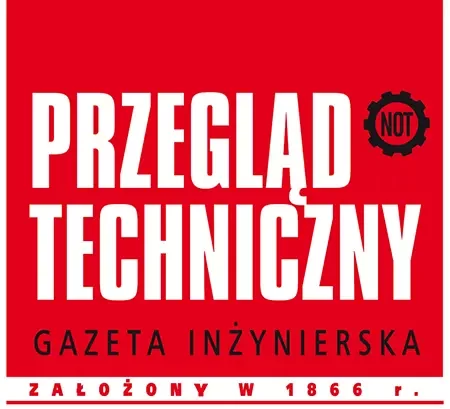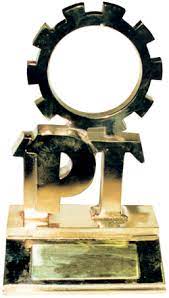Bosch bets on hydrogen
Bosch intends to invest as much as €2.5 billion in various aspects of hydrogen technology, starting with fuel cell power modules. Bosch has already begun mass production of fuel cell power modules, which will be delivered to a pilot customer, Nikola Corporation, a US manufacturer of commercial electric trucks. These advanced modules will be installed in Class 8 electric trucks equipped with fuel cells, and are scheduled for sale in the North American market in the third quarter of 2023.
Bosch is also considering other hydrogen-related technologies, such as stationary solid oxide fuel cells that can provide both energy and heat. In addition, the company is also exploring the use of hydrogen engine technology, which uses internal combustion in the same way as fossil fuels. They can be used in heavy-duty vehicles on long journeys.
Quantum generator from WAT
A quantum random number generator has been developed by researchers at the Institute of Optoelectronics of the Military University of Technology. Their solution can be used not only in military cryptography, but also in banks or data centers. It is a solution that uses quantum phenomena to produce random numbers. It belongs to the group of so-called. true random number generators, where the outcome or states and random numbers are decided by a physical process. The characteristics of such a generator are: complete unpredictability of each successive bit generated, insensitivity to environmental changes, and live verification of operating status. The device, designed at WAT, uses quantum phenomena, and the full randomness of the result is obtained by randomly selecting a path through a photon in a fiber coupler.
The device is a key part of a major project on quantum technologies related to Quantum Key Distribution.
Better recycled plastics
In Europe, recycled plastic covers only 6 percent. (2018) demand for plastics. The reasons for this include. imperfect waste processing technology, making the plastic obtained in this way a poor-quality plastic. A new technology developed by engineers at the U.S. University of Wisconsin-Madison can turn poor recycled plastic into high-value materials for industry. The new technique is based on several already known processes, including. On pyrolysis.
In their paper, which appeared in the journal Science, the researchers argue that their technology could not only improve the recycling of plastic waste, but also reduce greenhouse gas emissions – associated with the production of important chemicals for the industry.
An economy with problems
Poland’s GDP in the second quarter of 2023. shrank, both in annual and quarterly comparisons. The difficult situation prevails among others. In construction and trade.
Other statistics are also disturbing. In the first half of the year, as many as 110.5 thousand suspended operations. enterprises. Overall, the number of suspended companies in the first half of the year accounts for as much as 66% of all suspended businesses in all of 2022. – This means that if the growing trend continues in the next six months, in December 2023. The number of suspended companies will exceed 220,000. and will be by 30 percent. higher than in 2022. – assesses Tomasz Starzyk, spokesman for business intelligence firm Dun & Bradstreet Poland.
column opr. mj





